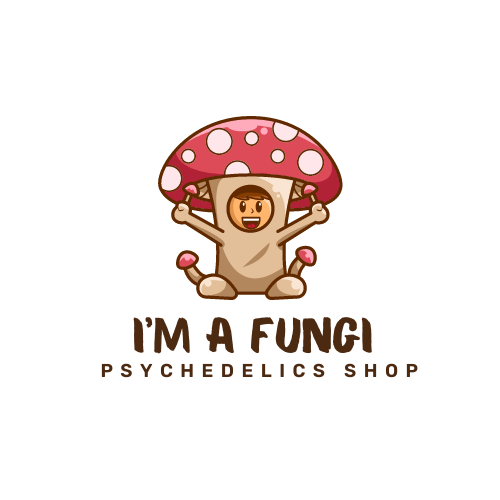BLOG
The Mind-Bending Truth: How Magic Mushrooms Rewire Your Neural Pathways

Introduction
Magic mushrooms, scientifically known as psilocybin mushrooms, have been captivating the human imagination for centuries. Beyond their hallucinogenic effects, recent research has unveiled the profound impact these fungi can have on neural pathways. This article delves into the mind-bending truth behind magic mushrooms and their ability to rewire the intricate network of our brains.
- Unveiling Psilocybin’s Effects
Psilocybin, the psychoactive compound in magic mushrooms, has a remarkable affinity for serotonin receptors in the brain. When ingested, it undergoes conversion into psilocin, leading to alterations in serotonin levels. This process triggers a cascade of effects, including altered perception, enhanced introspection, and a heightened sense of interconnectedness.
- Neural Plasticity: A Journey into Rewiring
One of the most intriguing aspects of magic mushrooms is their impact on neural plasticity. Neural plasticity refers to the brain’s ability to reorganize itself by forming new neural connections throughout life. Psilocybin appears to amplify this plasticity, facilitating the creation of novel pathways and connections between brain regions.
- Enhancing Creativity and Openness
Studies have shown that magic mushrooms may enhance creativity by fostering a more fluid and flexible thought process. The rewiring of neural pathways seems to unlock previously inaccessible areas of the brain, encouraging novel ideas and associations. Additionally, users often report heightened openness to new experiences and perspectives, further emphasizing the transformative potential of psilocybin.
- Alleviating Mental Health Conditions
Research into the therapeutic benefits of magic mushrooms has gained traction, particularly in the realm of mental health. Psilocybin-assisted therapy shows promise in treating conditions such as depression, anxiety, and post-traumatic stress disorder (PTSD). The rewiring of neural pathways during these therapeutic sessions may contribute to the alleviation of entrenched thought patterns associated with these conditions.
- The Default Mode Network (DMN) and Ego Dissolution
Magic mushrooms are known to induce a state of altered consciousness, often accompanied by the phenomenon of ego dissolution. The DMN, a network associated with self-referential thoughts and the ego, becomes less active under the influence of psilocybin. This temporary deactivation is believed to contribute to the dissolution of rigid thought patterns and the emergence of a broader, more interconnected perspective.
- Long-Term Effects and Microdosing
While the acute effects of magic mushrooms are well documented, ongoing research explores their potential long-term impact on neural pathways. Additionally, the practice of micro-dosing, involving the regular consumption of sub-perceptual doses, has gained popularity. Users report benefits such as improved mood, focus, and creativity, suggesting a sustained influence on neural plasticity.
Conclusion
The mind-bending truth behind magic mushrooms lies in their ability to rewire neural pathways, offering a glimpse into the limitless potential of the human brain. As scientific understanding deepens and societal perceptions evolve, these fungi may play a pivotal role in shaping the future of mental health treatment and cognitive exploration. The journey into the neural realms of magic mushrooms continues to unravel, promising transformative insights into the intricate workings of our minds.
